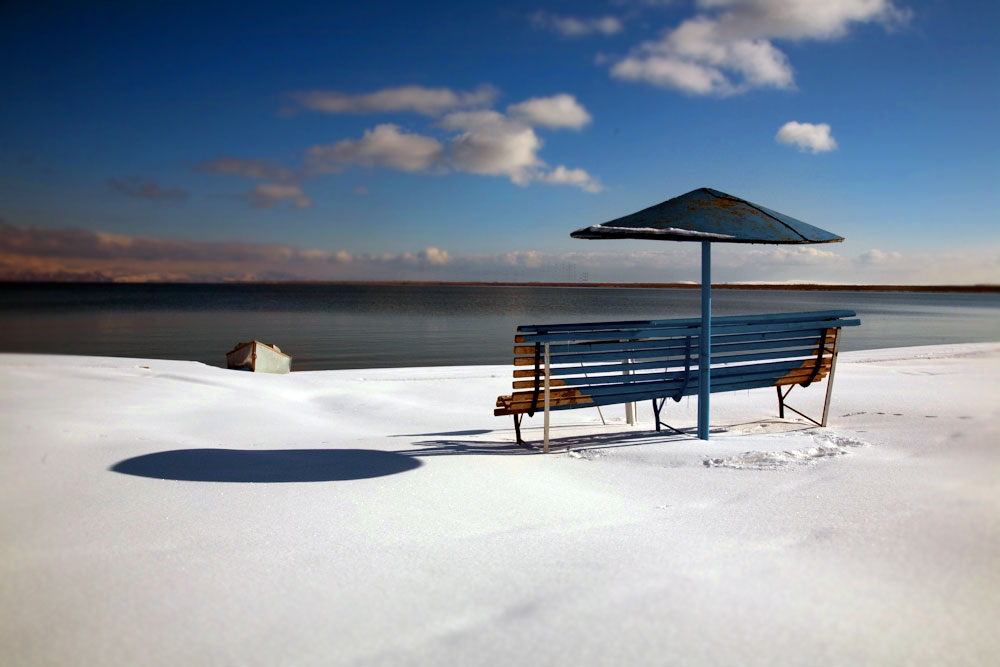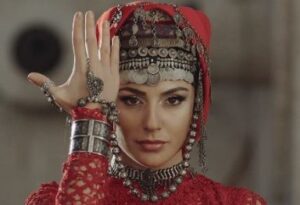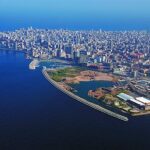
Previously we left Daniel adopted for the 2nd time
FROM DANIEL’S DIARY
44- ‘Armenian Homes in Aintab in 1916’.
‘I was right to wonder about Armenians having homes in Aintab. Later on I learned how it had happened. On orders from Constantinople (Minister of Interior Talaat) all Aintab Armenians were deported in about May 1915. Soon the Turks found that there were no bakeries where they could buy bread, no carpenters, no tailors, no black smiths etc. so they called back saying that life was impossible without these people and received instructions to recall a minimum number of them to serve the Turkish population’s needs. This is how in Aintab there were some Armenian families who had reoccupied their homes and resumed their services to the town. The home I was led to was that of the baker of the street of Ayib Oghlou, Mr. Artin Barmaksezian. (Barmaksez Artin)’.
45- “Adopted” again.
‘ I walked to the threshold of the home of Barmaksiz (Mr Fingerless) and waited. This was a very common sight to the household (this was a common thing to do while waiting to be invited in). During the day many beggars came and were sent away with a piece of bread. So they gave me a piece of bread but I refused to go. I was eating good meals everyday and I was not hungry. As I waited there the women in the courtyard wondered why I was not going away. There were four of them seated on the ground around a table sorting out lentils. They inquired (to one another) and one of them turned to me and asked me what I wanted. I approached them and explained my case.
As soon as we were deported we had been told by our elders never to tell a Turk that we were from Zeitun, the proud town that had resisted Turkish domination for 500 years. The Turks hated the name like prison. However, for the same reason we had been told to expect sympathy and help from Armenians in whose eyes Zeitun was the symbol of courage, heroism and resistance to tyranny.
So, knowing that these women were Armenians, I looked around to make sure that no Turk was listening, and told them that I was from Zeitun. I considered this enough to put them in the obligation of helping me. Then I told them about Ahmed Agha who was trying to proselytize (convert) me and adopt me as his son. On hearing this, the women began to discuss my case each one suggesting to the other to adopt me. Osanna would not, Mariam would not, but finally Sophy Baji agreed to adopt me .
I stayed in Aintab with this family for two years but never again saw Ahmed Agha, his wife or Arsho, the girl who risked her own position and life to save me’.
 It’s quite a relief to see Armenian women were coming to Daniel’s aid – first Arsho and then Mrs. Barmaksiz. I have always thought that Armenian women of the genocide and the generation that came after it are the silent self-sacrificing backbone of our community. Family comes first and with that hard work which must always be done well. The children must be educated and the husband must be well looked after. In my experience these women lived for duty and this is what was expected of them. Growing up, my mother (Daniel’s daughter) used to tell me that ‘Armenians are hard working and have high family values. When any two Armenians meet anywhere in the world, they will help each other because deep down we are a minority and the genocide is inside every Armenian’.
It’s quite a relief to see Armenian women were coming to Daniel’s aid – first Arsho and then Mrs. Barmaksiz. I have always thought that Armenian women of the genocide and the generation that came after it are the silent self-sacrificing backbone of our community. Family comes first and with that hard work which must always be done well. The children must be educated and the husband must be well looked after. In my experience these women lived for duty and this is what was expected of them. Growing up, my mother (Daniel’s daughter) used to tell me that ‘Armenians are hard working and have high family values. When any two Armenians meet anywhere in the world, they will help each other because deep down we are a minority and the genocide is inside every Armenian’.
For years I rejected my mother’s analysis of what it means to be Armenian as well as what the Armenian women in my family stood for. As a child, I desperately wanted to fit in with my Lebanese friends. I was embarrassed to be Armenian and never volunteered my last name ‘Khanamirian’ unless it was necessary. When I did, people would say ‘Khana’ what? Or ‘Khara’ what? (By the way ‘Khara’ means shit in Arabic). I made a conscious effort to speak seamless Arabic and French, without the typical Armenian accent, because all I wanted was to fit into the Lebanese community and be one of them, be integrated. One day, in my 20’s, something clicked in my head and a sea change occurred as I watched the aftermath of the devastating earthquake in Armenia, which killed 25,000 and injured 100,000 people. I didn’t pause, didn’t think and didn’t ask too many deep questions, I simply packed my bags, took time off work and went to volunteer. It was at that moment that I began a life long journey of discovering what it means to be Armenian.
In hindsight I believe that I have inherited the strong family values of the older generation of Armenian women in my family but perhaps not the silent self-sacrificing part. I think that, in my family, I may be the last generation of Armenians to have the genocide inside me. When I look at my daughter who is born and lives in Dubai with dual nationalities, I think the feeling of being a minority and coming from such a history may become even more diluted and since I started this blog, I am making a bigger effort to instill Armenian values into my children.
SOME MORE FROM DANIEL’S DIARY..
46- ‘I became a “member” of the Barmaksiz family’.
‘So, once more I was given a bath by my new “mother” and clean clothes and my old clothes being burned. Then I was taken around to several Armenian homes where there were boys of my age. In every home my story was repeated and clothing secured for me.
At a time when the streets were full of Armenian boys why I was given so much attention is still a puzzle for me. My being from Zeitun cannot explain it because among those street boys there were many like me from Zeitun. Anyway, I was lucky not to be left homeless on the streets of Aintab, because a few months later famine became more severe and many died of starvation. I lived in the Barmaksiz home for two years until the occupation of Aintab by the British..’
To be continued…
Menak Parov…See you next Wednesday



0 Comments